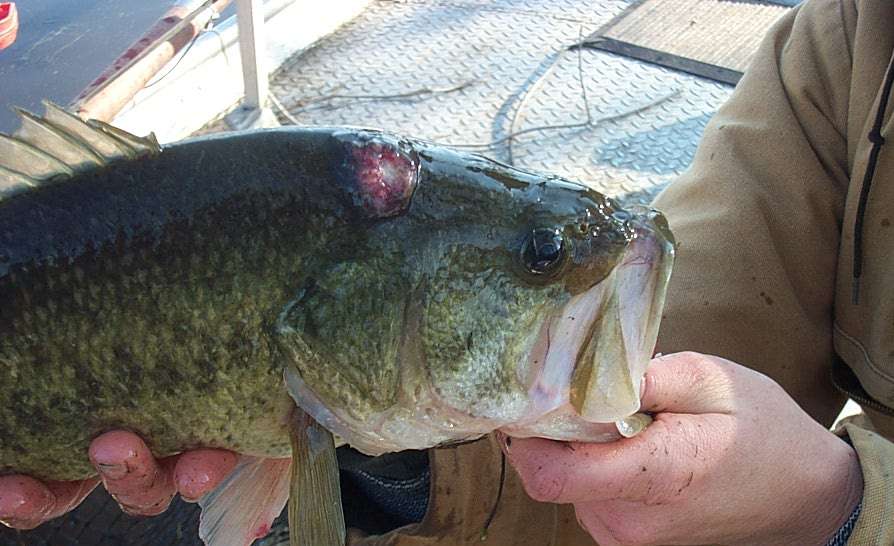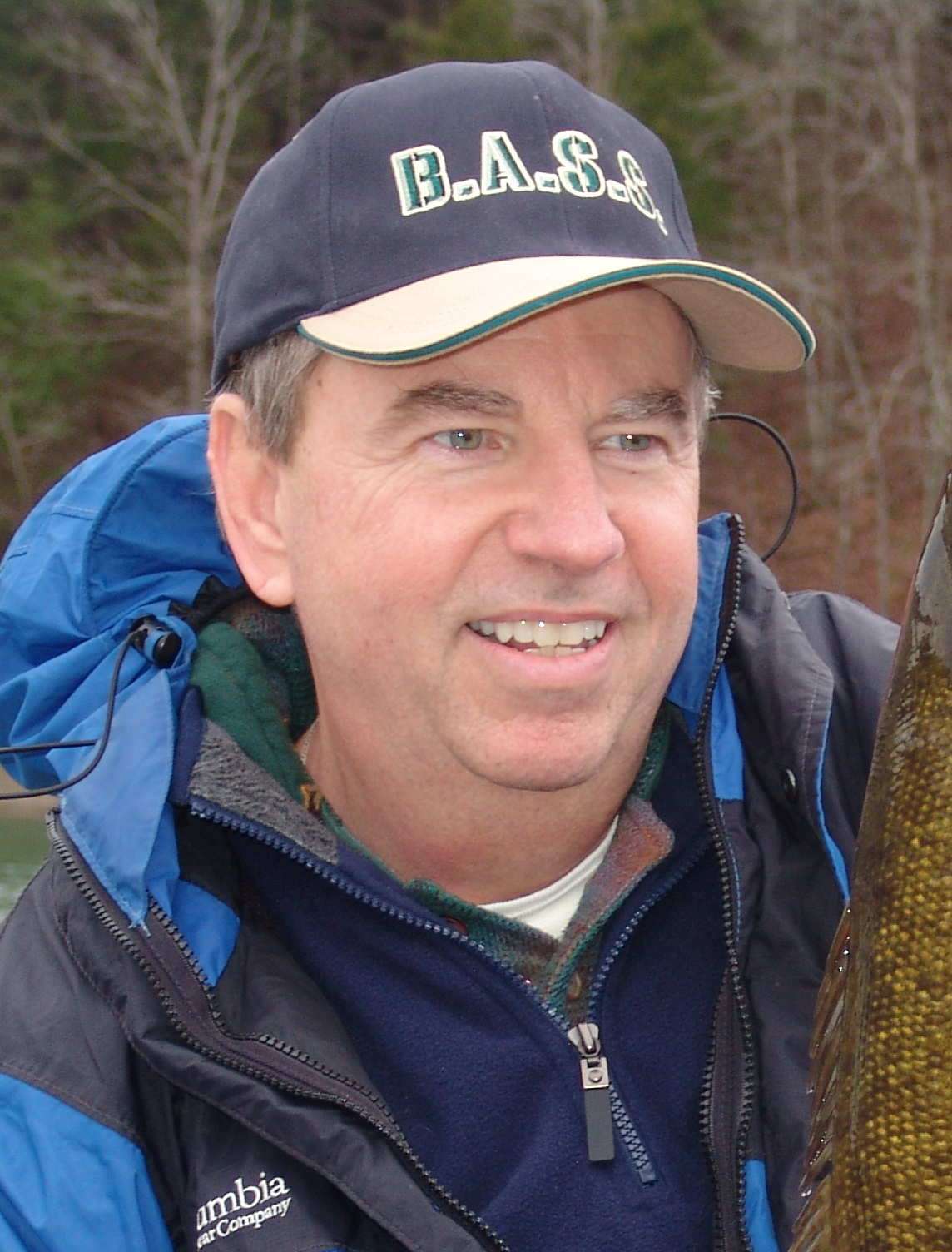
Remember Largemouth Bass Virus (LMBV)? If you’ve been a bass angler for more than five years, you certainly do.
Starting in 1995 and for about a decade, it killed fish, especially larger bass, and damaged local economies dependent on recreational fishing. It prompted concern — and even fear — that we might be seeing the demise of North America’s No. 1 sportfish.
But that isn’t what happened. Instead, we discovered that the virus wasn’t going to have catastrophic consequences, although it likely would remain an enduring element in ecosystems, causing sporadic fish kills.
Now, here’s the rest of the story, the part you don’t know:
Widespread access and angling restrictions almost certainly would have been imposed in many states across the country had B.A.S.S. not stepped in to stem the panic in 2000.
That’s when B.A.S.S. Conservation Director Bruce Shupp initiated a series of annual workshops on LMBV. At these professionally facilitated events, state, federal, and university scientists and fisheries biologists shared evolving news and research regarding the virus. That invaluable information then was provided to fisheries agencies across the country.
“The situation easily could have gotten out of control,” recalled Shupp. “Overreactions were a real possibility, and that would have included stopping tournaments [which came close to happening in at least one state].”
But because of this cooperative process, anglers and resource managers learned more quickly about the severity and the limitations of the virus, how it could be spread and what might trigger it to change from a dormant virus into a killer disease.
“This was the boldest and best thing we ever did,” Shupp added. “We let the states know what was going on so they wouldn’t overreact, and we helped get this thing under control until it dissipated.
“This was a great example of how to deal publicly with a major resource issue.”
Shupp is not alone in his assessment of the workshops.
“This was one of the best collaborative processes ever,” said Dave Terre, chief of management and research for Inland Fisheries at Texas Parks and Wildlife.
In fact, Terre and three others who attended those events later wrote a paper entitled, “Dealing with Largemouth Bass Virus: Benefits of Multi-Sector Collaboration.”
“Possibly the greatest benefit was the capability to quickly assemble all available information, provide instantaneous peer review and develop and disseminate consistent, scientifically valid outreach tools (e.g., fact sheets, news releases),” they wrote.
“Based on declining public concern and fewer sensationalized media releases, these tools apparently were effective. The reality that LMBV was not just a local problem and was being addressed by a regional team also probably helped modulate public concerns.”
This prime example of what can be accomplished through cooperation stands in stark contrast to those who prefer conflict and lawsuits as their tactics for achieving a goal. That’s because making a political statement and/or imposing an ideology often is more important to these groups than protecting and/or improving the resource.
Those who want to ban lead fishing tackle profess to care about loons and other waterfowl. Really, they want to stop you from fishing. Why else would they continue to push for the bans when no evidence exists that lead tackle substantially harms wildlife?
Those who want to destroy Florida’s Rodman Reservoir insist they care about nature and want to restore habitat for fish and wildlife. In reality, Rodman is as rich and diverse as any natural system, besides being a world-class fishery. Its detractors just want it out because it’s “man-made.”
Those in the Northwest who continue to bash bass because of the demise of salmon and trout — when dams and habitat loss have done the damage — will not accept the reality of altered ecosystems.
“There are some who are dead-set against sensible management of any exotic species, no matter how useful they are in providing recreation, funding for conservation agencies or recruiting young anglers,” noted Jim Martin, director of the Berkley Conservation Institute.
“This issue of management of exotics is a place where sensible conversation about the bigger picture has usually led to a sensible compromise for good management of recreation and native species as well.”
Are cooperation and compromise always better than conflict and confrontation? I’m not saying that. In fact, I believe compromise on access issues can be disastrous for the future of recreational fishing.
But when you really care about the well-being of a resource, the best way to deal with problems related to it is cooperatively. Those who don’t come to the table are more concerned with imposition of their ideology than they are with doing what’s best for the resource.





